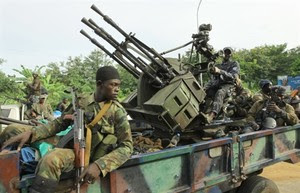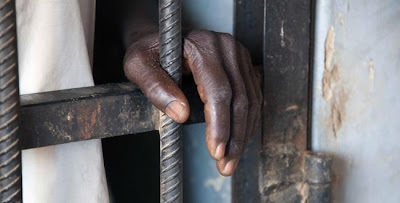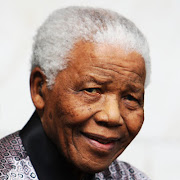Since pro-democracy demonstrations erupted in Syria in March 2011, at least 500 civilians have reportedly lost their lives and many more have fled their homes. Security forces in Syria have heavy-handedly cracked down on protesters despite President Bashar al-Assad's promise to implement reforms. The brutal suppression of free expression and right to peaceful assembly has cost Sami Khiyami, Syrian ambassador to Britain, his invitation to the royal wedding at Westminster Abbey on 29 April 2011.
Earlier today, according to The Telegraph, Britain's Foreign Office issued a statement that included the following:
"In the light of this week's attacks against civilians by Syrian security forces, which we have condemned, the foreign secretary has decided that the presence of the Syrian ambassador at the Royal wedding would be unacceptable and that he should not attend."
It is worth mentioning that the withdrawal of the Syrian ambassador's invitation less than 24 hours before the royal wedding comes after human rights groups and people of good conscience around the world condemned the invitation.
I welcome the news that the ambassador's royal wedding invitation has been revoked. The withdrawal of his invitation sends a loud and clear message to repressive regimes around the world that unless they wash their hands clean, they would not dine with "kings."
Authoritarian regimes should not be represented in royal weddings and other high profile occasions in free societies. It is a shame, however, that a few countries with unenviable human rights records like Iran, Saudi Arabia, Zimbabwe, just to name a few, will be represented in Westminster Abbey tomorrow to watch Britain's future king marry his bride.
While it is unfortunate that the United Nations Security Council failed yesterday 27 April 2010 to issue a statement condemning violence against civilians in Syria, free countries like Britain should seize every occasion, including a royal wedding, to send a loud message against state-sponsored violence against civilians.
Speaking to the BBC earlier today, Sami Khiyami said he was "embarrassed" by the withdrawal of his invitation.
The brutal crackdown on civilians in Syria is unjustifiable and must be condemned in the strongest terms. The Syrian ambassador to Britain should be more embarrassed by the crackdown sponsored by the government he represents and the loss of innocent civilian lives
Savanofsky: Only KJV
-
Remarks: A song about KJV Onlyism! And a funny one at that. It even has
over 350,000 views on YouTube in its first 16 months (it came out in
December 2022)...
5 days ago


















